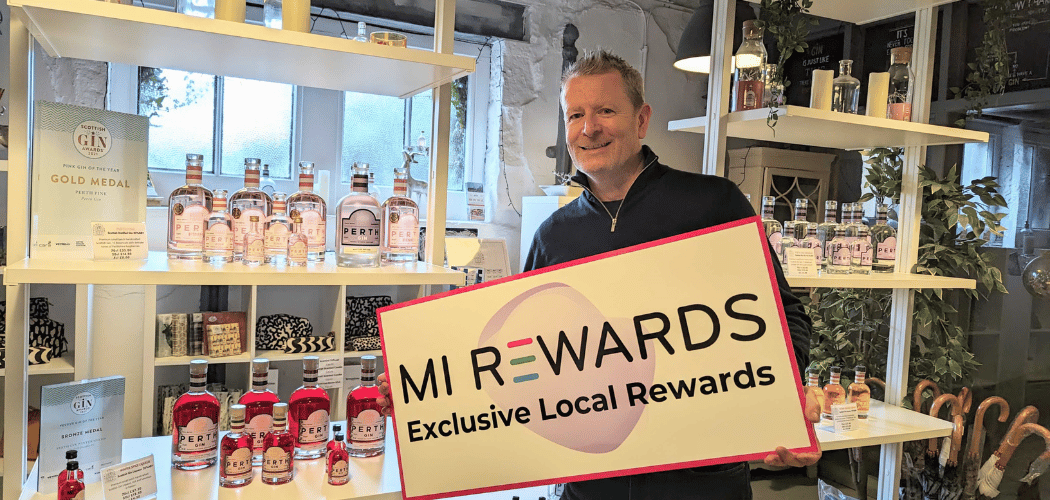Consumers who are loyalty reward programme members are far more likely to be word-of-mouth (WOM) champions for their favourite brands than non-members, and the more active their programme participation, the more likely they are to spread the word, according to a study by Colloquy.
The study report, entitled 'The new champion customers', provides evidence of a direct and important correlation between reward programme activity and consumers positive WOM endorsement activity.
Among the study's key findings:
- Reward programme members are 70% more likely to be WOM champions (defined by Colloquy as being those customers who are actively recommending a product, service, or brand) than the general population;
- 55% of reward programme members are self-described WOM champions;
- Only 32% of non-reward programme members are self-described WOM champions;
- 68% of WOM champions in reward programmes will recommend a programme sponsor's brand within a year;
- Actively participating reward programme members are over three times more likely to be WOM champions;
- Reward programme members who have redeemed for experiential rewards are 30% more likely to be WOM champions than those who have redeemed for discounts.
The research suggests that the loyalty marketing database is often an under-utilised social network that could be better exploited in the pursuit of positive, profitable WOM activity.
"If your goal is to cultivate and encourage ongoing, profitable customer WOM activity, all of the tools exist within the loyalty marketing database. Loyalty marketers should find the champions buried within their programme memberships, and build relationships that reward them for positive WOM activity," explained Colloquy's editorial director, Rick Ferguson, who co-authored the study with Colloquy partner, Kelly Hlavinka.
The research also examined the motivations of WOM champions, asking why they engaged in WOM activity for their favourite products and brands, and what categories of offers and information they were most likely to pass along to others within their social networks. The top five motivations of WOM champions were:
- To tell manufacturers what I think: 73%;
- To be smarter about products and services: 68%;
- To be the first to discover new items: 68%;
- To get free product samples: 63%;
- To share my opinion with others: 61%.
According to Hlavinka, these figures reinforce the importance of social standing among WOM champions: "What surprised us were the top two motivations for WOM champions: to tell manufacturers what they think, and to get smarter about products and services".
Indeed, these findings also suggest that WOM champions crave a deeper relationship with their favourite brands and are searching for ways to provide feedback. Four of the top five responses also reflect the importance of confirming self-worth (i.e. WOM champions feel important when they tell a company what could be done better, when they share information with their peer groups, and when they're 'in the know' and can share her opinions).
The study has been made available for free download from Colloquy's web site - click here, and is to be presented in the form of a free webinar on 5th March 2009 at 1.00pm (EST) - register here.
|
More Info: |




